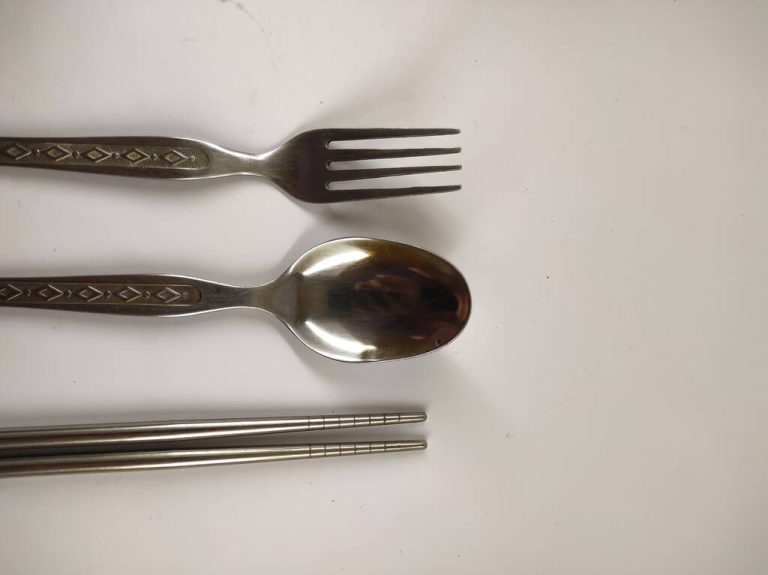Metal is usually a material that is quite frugal. But now and then you have to clean metal. A common metal is a steel. We will show you which home remedies you can use to effectively clean metal and steel. So that your metal objects last a long time.
Special base metals, which are found in the household as alloys, are susceptible to rust and other contamination. Therefore, you should regularly clean objects made of these types of metal. Simple home remedies such as vinegar, lemon, and Co. will help you with this.
What are metals?

Colloquially, one often speaks of metal. Metals designate certain types of chemical elements. And these are located on the periodic table of elements to the left and below the dividing line between boron to polonium. Consequently, there are different metals, including gold and silver. But iron, steel, and copper are also metals. These types of chemical elements have certain properties. Accordingly, they can conduct heat and electricity and are easily deformable. You can differentiate the metals into groups: there are heavy and light metals, as well as base and precious metals.
Different types of metal in the home
In the household itself, there are many areas in which metals are used. However, these are often alloys. It’s a mixture of two metals. Steel, aluminum, brass, and silver are often used in the household. As a result, your cutlery, vases, or a safe that holds cash, passport, and important papers may be made of metal. While the cleaning of cutlery is carried out more often, the valuables compartment, on the other hand, gets dusty very quickly.
Rust is a big problem with metal
You should clean metal regularly. Because some types of metal can rust. These include the base types, such as iron, aluminum, steel, zinc, tin, etc. You should quickly remove the rust from the cutlery so that the rust does not attack the metal. Here are a few home remedies that can help:
1) Cleaning with vinegar
You can clean metal, like steel, using vinegar, a powerful household remedy. Because this is a real all-rounder. Consequently, removing rust is easy. In addition, you usually have this handy in the household. To do this, you have to apply vinegar to the affected areas and leave it to work for several hours. Then it should resolve itself. If not, help with a cloth. Also, read our article on cleaning the grill grate and removing rust.
2) Clean metal with coke
To do this, sprinkle the affected area with some cola. Then let the cola sit for several hours. The acid contained dissolves the rust. So you can just wipe it off. So cola is a good home remedy to remove rust. In addition, also read how to clean clogged pipes with coke.
3) Clean metal with lemon
If you don’t have any cola in the house, you can also use the juice of a lemon as a home remedy. Here, too, you have to rub the rusty area with the juice and let it soak in. Then you have to wipe away the lemon juice with a cloth. So you can use this method to remove rust from pans and pots.
The cleaning of steel

Many areas in the house or apartment are made of stainless steel or steel. Normally, cleaning steel should be quite easy for you. Because this is a metal that can be easily treated. For example, you can use the following home remedies to clean stainless steel:
- Vinegar
- lemon juice
- water with the household remedy baking powder
To do this, apply the agents mentioned to the surface. Then let it soak in for a while. Then clean the surface with warm water and a soft cloth. It is recommended to polish after cleaning to make the steel shine. Of course, it depends on what kind of product it is and where you use it. In addition, note our tricks for removing rust stains from clothing.
Use special stainless steel cleaners
Especially for stainless steel, it can be useful to use a special cleaner. This is then placed on a microfiber cloth. Then you can easily clean the surfaces. The advantage of the clothes is that they do not attack the surface and scratches do not occur.






